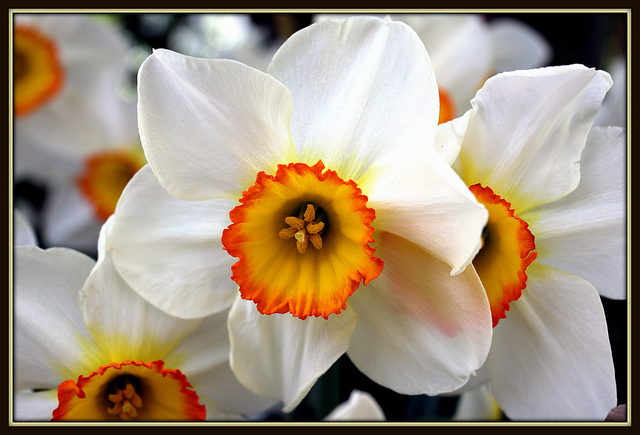echo chamber

echo chamber – sostantivo
Research appears to confirm the existence of an echo chamber effect in UK politics, in which social media users are more likely to engage with people and media sources that share their political beliefs. [February 2017]
A new study by Oxford University has found that … social media is not the echo chamber that you might think it is. [February 2018]
Molto si è detto e scritto recentemente sulla potenzialità di uso improprio dei social media, compresa la manipolazione di risultati elettorali. Un altro aspetto meno eclatante ma altrettanto deleterio dei social media è la tendenza dei suddetti a creare echo chambers, ovvero camere di risonanza, stanze degli specchi. In altre parole, tutti noi tendiamo ad aggregarci a persone con cui condividiamo interessi e punti di vista e snobbare chi non la pensa come noi. Il risultato è che le nostre opinioni e credenze vengono amplificate e confermate da una ripetitiva trasmissione e ritrasmissione all’interno del gruppo con cui interagiamo online, con il rischio di considerare valide solo tali opinioni e idee, a tutto discapito di visioni e interpretazioni divergenti.
Forse una soluzione potrebbe essere quella di seguire sui social persone con idee contrarie alle nostre… io ci ho provato, però la loro ostinata cocciutaggine non ha fatto altro che confermarmi nella mia opinione! Oppure, e forse su questo siamo tutti d’accordo, potremmo provare a passare meno tempo sui social media e relazionarci di più col mondo reale.
Origini del termine
Quando si parla di acustica, l’echo chamber è una camera riverberante; nel contesto dei social media l’uso del termine risale alla fine del primo decennio del secolo.
Traduzione di Loredana Riu
echo chamber – noun
Research appears to confirm the existence of an echo chamber effect in UK politics, in which social media users are more likely to engage with people and media sources that share their political beliefs. [February 2017]
A new study by Oxford University has found that … social media is not the echo chamber that you might think it is. [February 2018]
Much has been written recently of the potential for misuse of social media, up to and including possible manipulation of election results. One less dramatic but still damaging feature of these sites that has been noted is their tendency to create echo chambers. What this means is that we tend to be friends with and follow people who we broadly agree with, and to shun those we don’t. The effect of this is that our own views are repeatedly confirmed and amplified by the views of those we associate with online. If we’re not careful we can start to think that only these views have any validity and that everyone who thinks differently is just wrong.
One partial solution to this is to follow those who hold views you disagree with. I’ve tried this, and while I agree it’s a good idea, often I find that their persistent and willful wrongheadedness simply confirms my belief in the rightness of my own opinions. Another solution might be to spend less time on social media and more engaging with the real world, and I think we can all agree that that’s a very good idea indeed.
Origin
An echo chamber is a contained space where sound reverberates, used for example in recording. The term started to be used to refer to the amplifying effect of social media at the end of the first decade of this century.



